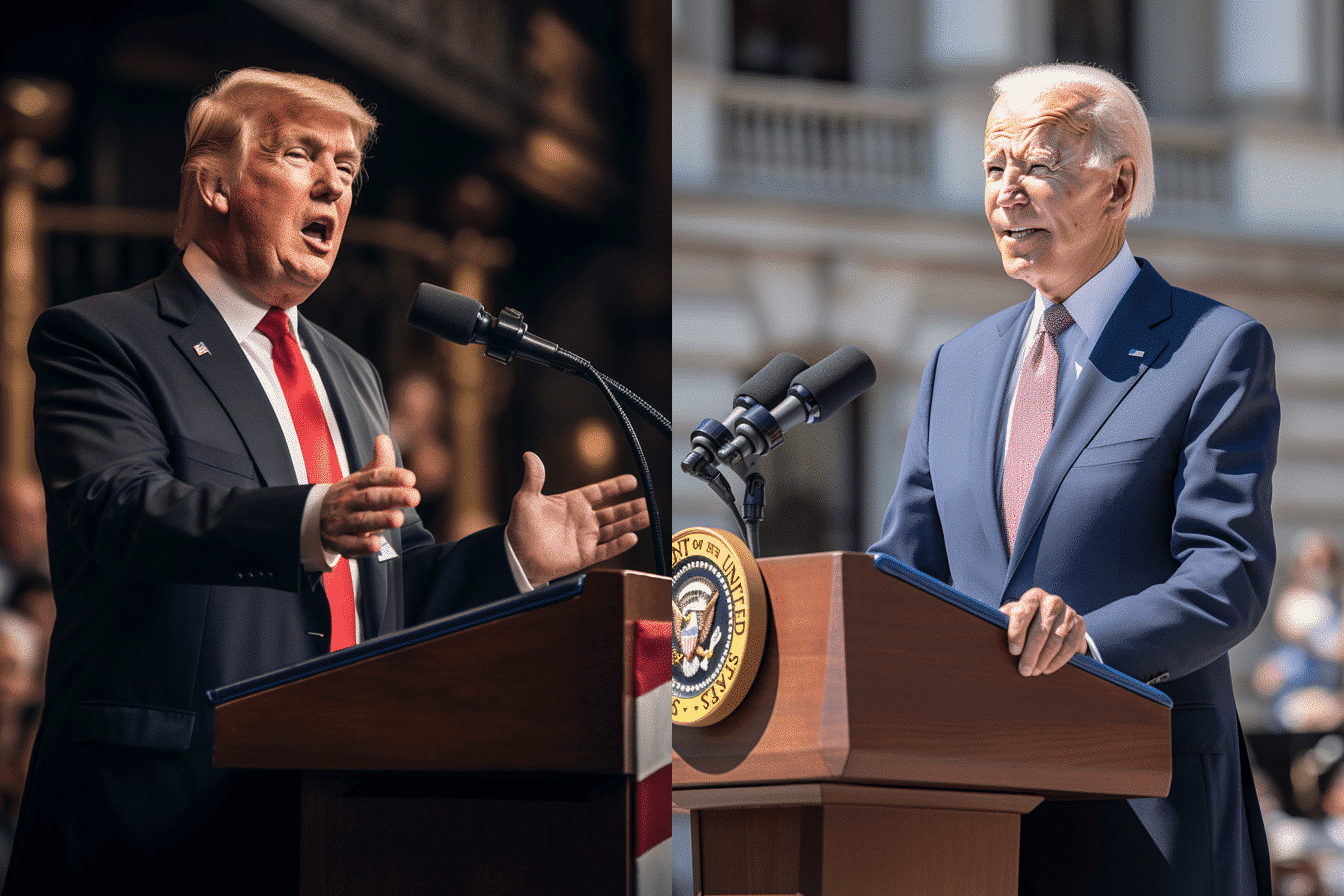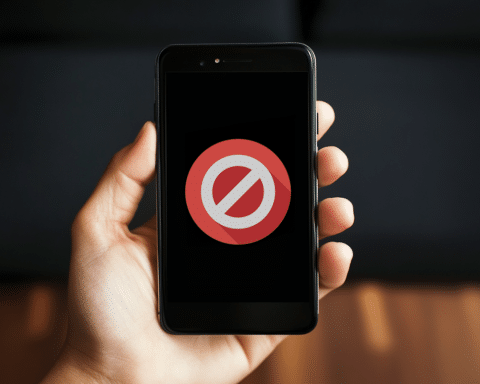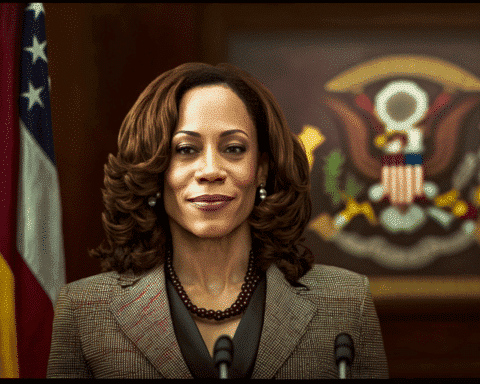As the third anniversary of the Capitol riot approaches, both former President Donald Trump and President Joe Biden are gearing up to use this tumultuous event as a pivotal element in their political narratives. Trump, eyeing a return to the White House, is holding two campaign rallies in Iowa, a critical state in the presidential race. In contrast, Biden is making a symbolic visit to Valley Forge, Pennsylvania, drawing parallels between the challenges faced by George Washington’s army and the current political landscape.
The Jan. 6 siege, a day when Trump supporters stormed the Capitol, has become a deeply divisive event, with interpretations varying sharply across party lines. Trump, despite facing federal charges in connection with the riot, continues to deny any wrongdoing and has remained a dominant figure in the Republican primary. He has referred to the day as “a beautiful day” and the rioters as “great, great patriots.” In contrast, leveraging this event, Biden has launched a significant advertising campaign emphasizing the threat to democracy posed by such extremism.
Republican strategist Alice Stewart notes the nuanced perspective among Republican voters, who may disapprove of the events of Jan. 6 but prioritize economic policies. Meanwhile, Trump’s Republican rivals have adopted varying stances, with Florida Gov. Ron DeSantis labelling it a “protest” and Nikki Haley, Trump’s former U.N. ambassador, condemning the day as “terrible.”
Polling data reflects this growing partisan divide. A Pew Research Center survey shows a decline in the percentage of U.S. adults who believe Trump bears a lot of responsibility for the Jan. 6 events, with an increase in those who think he bears no responsibility. This division is further echoed in a Washington Post-University of Maryland poll, revealing a stark contrast in perceptions between Republicans and Democrats regarding the nature of the protest and its participants.
Biden has consistently framed Trump as a threat to democracy, a sentiment he reiterated during the first anniversary of the riot and ahead of the 2022 midterm elections. His reelection campaign manager, Julie Chavez Rodriguez, echoed this sentiment, highlighting the gravity of the Jan. 6 events compared to historical benchmarks like the Civil War.
In response, Trump’s campaign advisers have flipped the narrative, accusing Biden and Democrats of posing a threat to democracy. This rhetorical battle underscores a deeper concern, as pointed out by Daniel Ziblatt, a government professor at Harvard University. When both sides view each other as threats to democracy, it signals a worrying trend for the health of the democratic system.
As the nation reflects on the third anniversary of the Jan. 6 Capitol riot, the event remains a polarizing and potent political tool. The differing narratives by Biden and Trump highlight the deep ideological divide in American politics and underscore the challenges facing U.S. democracy. Whether these divergent interpretations will sway public opinion or further entrench existing divisions remains critical as the country heads toward another election cycle.




